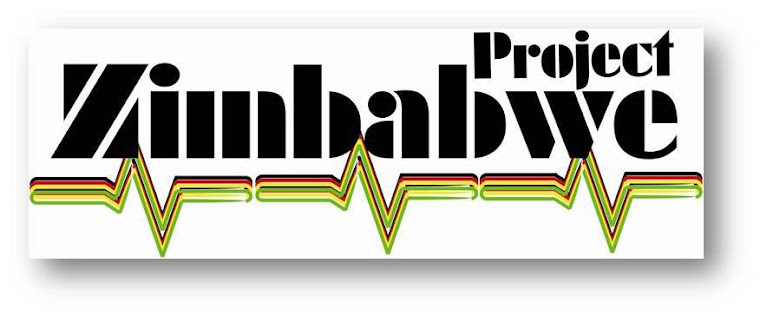
What is Medyouth Medyouth is a collaborative project designed and managed by students in the UK and Zimbabwe, which delivers “life skills” peer education training to students and community workers in Bulawayo, Zimbabwe.
- Collaboration: “Medyouth” is run by sister committees at KCL (London) and NUST (Bulawayo). The committees have been working together since 2007.
- Life skills + Peer education: Life skills are skills of negotiation, communication and self-awareness that help young people make informed decisions as they enter the world of adult responsibilities and relationships. Peer education methods create a safe and respectful environment where worries and problems can be balanced by information provision and facilitated discussion
- Training: Medyouth training in 08 + 09 was delivered by Zimbabwean organisations Community Working Group on Health and Childline Zimbabwe. Trainees were from UK and Zimbabwe and the group consisted of medical, physiotherapy, journalism and other students, community workers and peer educators. Successful Medyouth trainees have taught in local secondary schools, covering topics such as puberty and body awareness, relationships and children’s rights. The project has trained over 50 trainees and taught over 1000 young people.
What is your role in Medyouth I’ve been Medyouth coordinator since 2008, which included coordinating the pilot project (2008), conducting a full evaluation and ensuring improvements were put into place in 2009. I’m now also co-president of Project Zimbabwe, but with special focus on Medyouth; I’m hoping to find a new Medyouth coordinator this year, and I’m looking forward to showing them the the ropes!
What made you decide to get involved? Since coming to uni I’ve been involved with the UK student group ‘Sexpression’, a brilliant organisation that teaches medical students to be effective peer educators in sexual health and relationships education (SRE). Sexpression KCL volunteers are well respected by teachers and schools in south London, and with them I’ve seen first-hand the effect when a myth or rumour about sexual relationships/puberty is dispelled in class- being able to safely discuss things that are a source of worry and confusion allows young people to feel confident in their decision-making.
As a member of Project Zimbabwe for 3 years, I got to know my buddy in Bulawayo, Linos, really well. We chatted about Sexpression and his work on HIV prevention in Zimbabwe, and felt we could learn from each other’s community work. Espcially we felt that medical students in both our institutions would benefit from the communication and negotiation skills learned during a peer educator training programme. Meanwhile, a few other ‘buddies’ from the PZ programme were sharing similar ideas, and as a group we decided to work together on a programme at Linos’ university - “Medyouth” was born!
Highlight of this yearBeing asked for advice by other student groups in Bulawayo who are setting up similar groups!! This was really encouraging, as it shows Medyouth’s strong foundations - our training programme is well known and respected, and the work taps into a real enthusiasm for community work and volunteering in the local university population. Also I’m really excited about the tentative plans to work more closely with Childline Zimbabwe- we’re hoping to learn a lot from their excellent counsellors.
Challenges over the year The biggest challenge over this year is to sustain ongoing communication with our organising committee in Bulawayo, their university, our partner organisations, schools and trainees (and the list is happily growing!). We know how much enthusiasm there is for the project, but with bad internet connections and hectic schedules of the (mostly medical student) committee, things can be a bit tough. Regular communication and sharing of ideas is vital for the collaborative nature of our project, so are working to overcome the barriers (for example by circulating hard copies of the blog as a quarterly newsletter!).

No comments:
Post a Comment